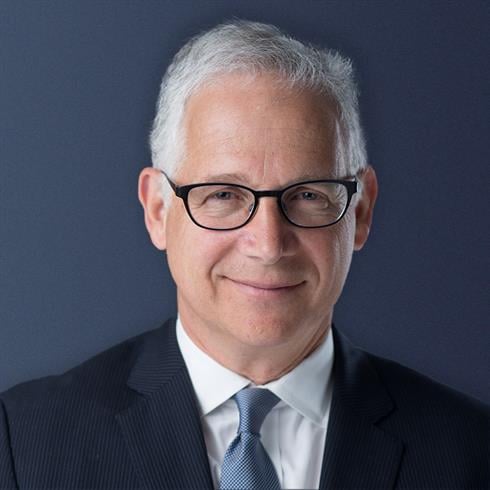General Electric ERISA Class Action
Case name: In Re G.E. ERISA Litigation
Case type: ERISA
Filed in: [U.S. District Court for the District of Massachusetts ]
Docket: [Case no. 1:17-cv-12123-IT]
Case Summary
In September 2017, Sanford Heisler Sharp filed an individual and class action complaint against General Electric Company (“GE”) for breach of fiduciary duties under the federal Employee Retirement Income Security Act (ERISA).
The Complaint, Haskins, et al. v. General Electric, et al., filed in U.S. District Court for the Southern District of California, alleged that GE and trustees of the General Electric Retirement Plan (“the Plan”), as well as 30 unnamed defendants, violated ERISA by engaging in prohibited transactions and unlawful self-dealing detrimental to both the named Plaintiffs individually and the Class—some 250,000 GE employees participating in the Plan during the proposed class period of January 11, 2011 through June 30, 2016, and who collectively invested billions of dollars in the Plan annually.
The Complaint alleged that GE breached its fiduciary duties by weighting the Plan with proprietary, poorly performing mutual funds because they provided GE’s investment management business, General Electric Asset Management Incorp. (“GEAM”), a constant source of fees and helped inflate GEAM’s market value. As a result, the Complaint alleged, GE reaped hundreds of millions in profit during the class period while the Plan’s participants suffered losses in the hundreds of millions.
In 2017, within two months of Sanford Heisler Sharp’s filing the ERISA class action, three virtually identical putative class actions were filed against GE in Massachusetts, home to its headquarters. In December 2017, the Massachusetts District Court ordered that Haskins v. GE be consolidated with the three ERISA classes in Massachusetts, in the matter of In Re G.E. ERISA Litigation.
On October 6, 2023, the parties agreed to a settlement of $61 million, which is believed to be the largest-ever settlement of an ERISA case stemming from allegations that a corporation’s 401(k) plan improperly directed employees to invest in its own, under-performing, proprietary funds.
On March 7, 2024, the Court granted final approval to the settlement.
Procedural History
News Coverage
- $61 Million Settlement Finalized in GE ERISA Case, 401k Specialist, March 8, 2024
- $61M Deal Gets Final OK In GE In-House 401(k) Fund Suit, Law360, March 7, 2024
- Attorneys Want $21.5M In GE Retirement Funds Suit, Law360, February 2, 2024
- GE, Retirees Get Initial Nod For $61M Retirement Fund Deal, Law360, October 20, 2023
- GE Agrees to Pay Record $61M to Settle 401(k) Lawsuit, Plan Sponsor, October 10, 2023
- GE will pay $61 million to settle lawsuit over affiliated 401(k) fund, Reuters, October 9, 2023
- GE’s 401(k) lawsuit settlement has $61M price tag, Investment News, October 9, 2023
- GE, Retirees Seek OK for $61M Retirement Funds Settlement, Law360, October 6, 2023
- Sanford Heisler Fights To Take Helm In GE ERISA Battle, Law360, February 6, 2020
- GE Won’t Fight Massive Class Cert. Bid In Retirement Suit, Law360, December 16, 2019
- ERISA Self-Dealing Rules Clarified As GE Suit Rolls Along, Law360, October 30, 2019
- GE Retirement Plan Participants Want ERISA Suit Kept Intact, Law360, February 11, 2019
- GE Must Face Bulk Of ERISA Suit, Law360, December 17, 2018
- General Electric 401(k) Lawsuits Poised for Law Firm Battle, Bloomberg Law, December 5, 2017
- Lawsuit alleging General Electric ripped off its workers shows the pitfalls of 401(k) plans, Los Angeles Times, September 27, 2017
- GE Accused Of Losing $700M In Retirement Plan Investments, Law360, September 27, 2017
- General Electric 401(k) participants sue over poor-performing GE Asset Management funds, Pensions&Investments, September 27, 2017
Attorneys Involved in the Case
Charles Field
San Diego Managing Partner
David Sanford
Chairman
Judge Kevin Sharp
Co-Vice Chairman
David H. Tracey
Firm Managing Partner
Shaun Rosenthal
Of Counsel
David McNamee
Associate







